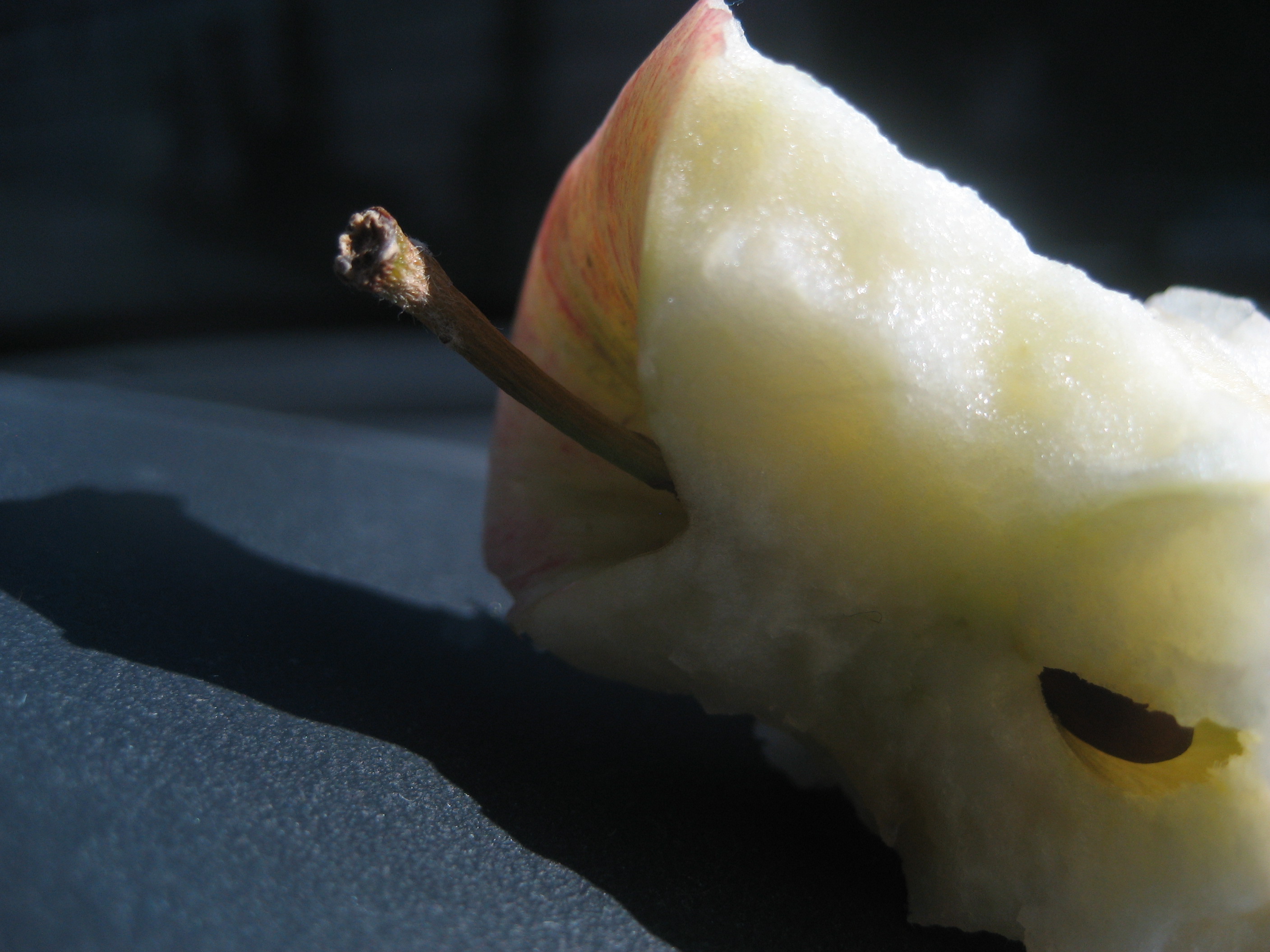
By Stephanie K. Hopkins
“Comedy is acting out optimism.”
—Robin Williams
Recently, I got caught up in mistaking comedy for tragedy. In my defense, it’s a fine line, with comedy sitting just on the butt of tragedy, requiring a small but powerful movement in mental steering. It was late, I was exhausted from a long night of bartending, there were hormones involved, and maybe a drink or two. My Boo and I sat talking on the couch, and suddenly—Officer, I swear it wasn’t me—I found myself saying those awful cliché things couples say, when the original point gets lost and the argument becomes about the argument itself. “You never listen to me,” “You always do that,” “You never never always do such and such.” To make matters worse, when I get angry or upset my voice rises, and I have an already high voice. It’s quite a frightening sight. Actually, it’s really pretty funny. But I couldn’t see the humor that night.
In the beginning of a relationship, we idealize the other. It’s not that we don’t see flaws, though if we’re smart, we definitely hide some of the big ones until we can surprise the other with them after they already love us (kind of like the opposite of a surprise birthday party), but those flaws seem wonderfully magical and charming. “It’s cute the way he only eats Slim Jims,” or “I just love the way she chews her nails like a little squirrel.” We’re often drawn to vulnerability. Think of all those romantic comedies where the falling in love moment happens when the hot chick or dude falls on their face or walks into a telephone pole (does that happen in real life?) or spills the entire contents of their purse onto Fifth Avenue or gets too drunk and has to be carried home and tucked into bed.
Then somewhere along the line, what was charmingly funny or endearing becomes annoying. “He only eats Slim Jims, WTF?” Or, “Who bites their nails like that? She’s like a rabid squirrel!” Initially, vulnerability acts like a secret password—when we’ve been let in on another’s, we feel special, like we’ve made it inside this person’s inner circle. But later, when we want the other to be perfect, when we want them to be stronger than us, when we want to be able to depend on them, that same vulnerability—evidence of how we are all neither perfect nor perfectly dependable nor always strong—can be maddening. Perhaps it scares us too much. Perhaps it’s easier to get angry and annoyed than to face our loved one’s possible fragility.
To be optimistic in the face of our fears means laughing, a lot. Humor, Robin Williams says, is acting out optimism. I like thinking of optimism as something we act out, as if it is a practice, not a quality we either do or don’t have. We need to practice turning what feels like tragedy onto its comic backside. This is not only an optimistic act, it’s also a loving one. Blame and grudge come easily; it is more difficult—but essential—to continually practice seeing those we love as we saw them in the moment of their first fall, when we couldn’t stop laughing and our laughter made them laugh, and their laughing made us laugh even harder, and we knew we wanted this person in our lives.
This happens in relationships. Isn’t it ridiculous? Isn’t it funny, really?
Life is stressful. It’s also absurd. People—even hot people, I’ve heard—do weird things. I can only hope my charming Boo, who of course does nothing weird—will love my apples till the day they rot and beyond, since that seems to happen pretty quickly in our car.
Stephanie writes short stories, non-fiction, and young adult fiction. She recently finished a young adult novel, "Edge of Seventeen," and is working on a memoir about her adventures as an ex-professor turned bartender. You can reach her at stephaniehop@gmail.com and follow her on Twitter @stephaniehop1.
More Love Notes:
This Valentine’s Day, Get Lost